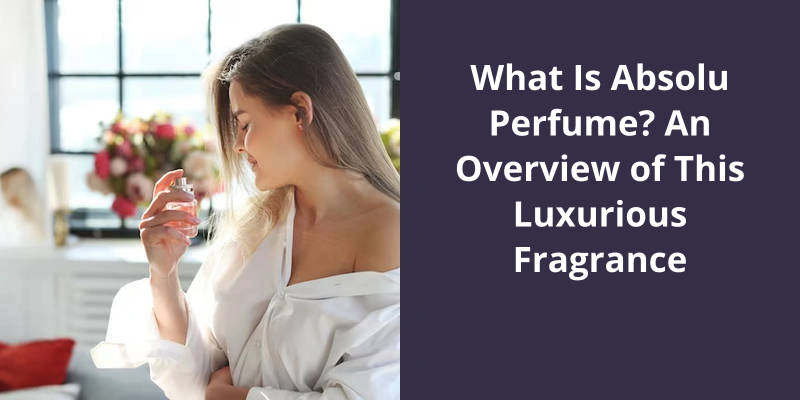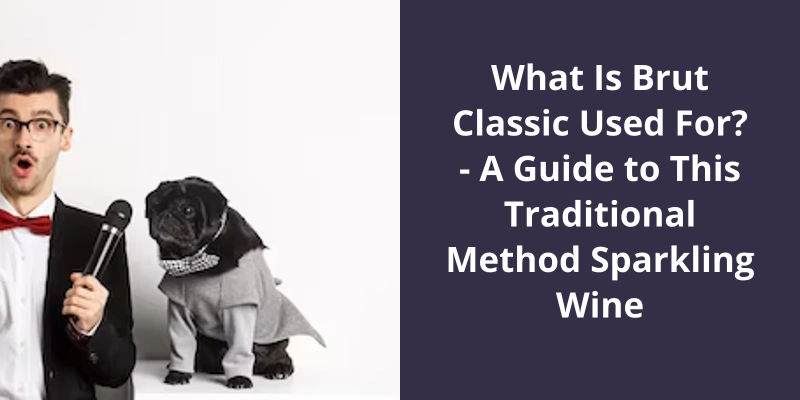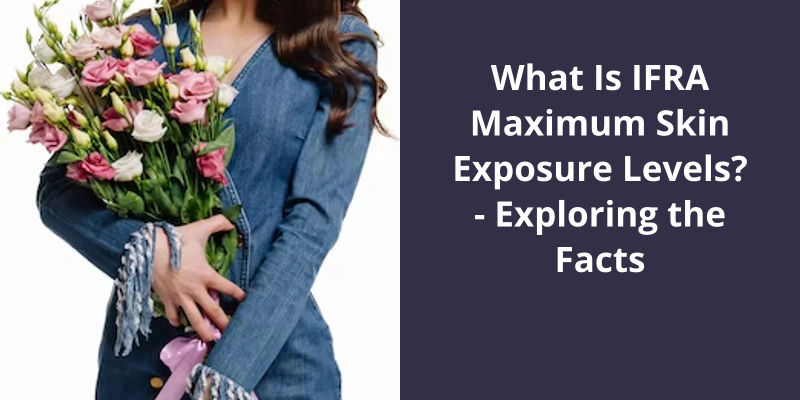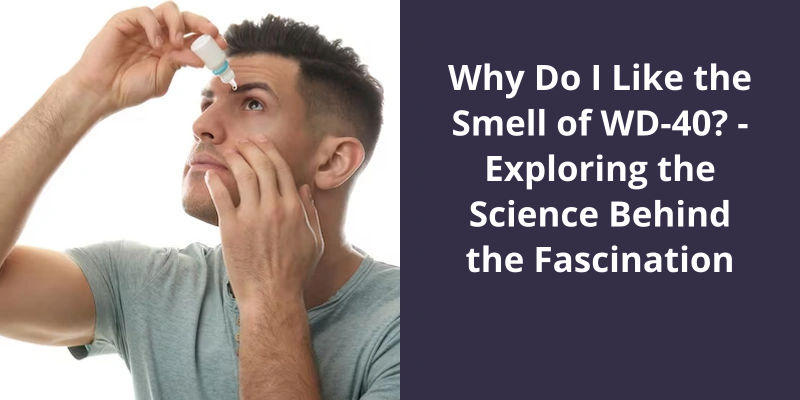Perfume-making has long been considered an art form, with manufacturers utilizing pure, high proof alcohol to create captivating scents that leave a lasting impression. For those interested in delving into this aromatic world, the idea of using 190 proof food grade ethanol as a base may be enticing. With it’s high alcohol content and safety assurance through it’s food grade designation, this ethanol can serve as a reliable carrier for the essential oils that give perfumes their unique character. Whether you’re a seasoned professional or an enthusiastic hobbyist, the utilization of 190 proof food grade ethanol opens up a world of possibilities, allowing you to experiment with various scents and create your own signature fragrance. By combining this high proof alcohol with water and essential oils, you can safely embark on a journey of perfume-making, crafting personalized fragrances that embody your creativity and individuality. So, grab your essential oils, mix in the perfect amount of water, and embark on a scented adventure with the use of 190 proof food grade ethanol as your trusted companion. The possibilities are endless, and the world of fragrance is yours to explore.
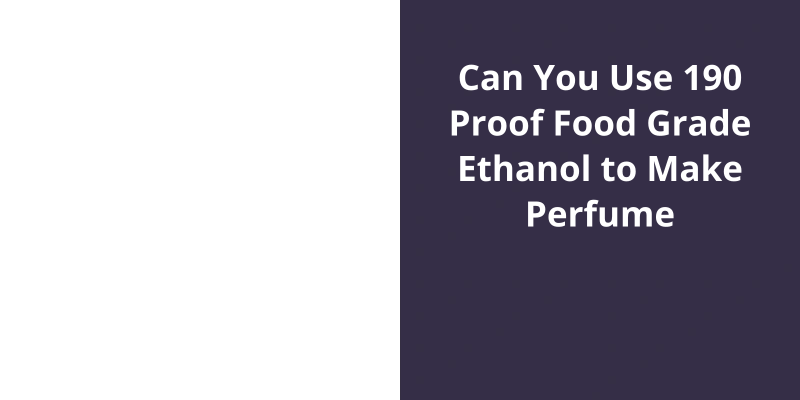
Which Ethanol Is Best for Perfume Making?
Ethanol plays a crucial role in perfume making, as it serves as the carrier for the fragrance oils or essential oils. When it comes to selecting the right type of ethanol, professionals and hobbyists often wonder which option is best suited for perfume making. One popular choice is 190 proof food grade ethanol, which is essentially 95% alcohol.
How to Properly Dilute Ethanol for Perfume Making Purposes
- Measure the desired amount of ethanol needed for perfume making.
- Using a calibrated measuring device, pour the ethanol into a clean glass container.
- Prepare distilled water to dilute the ethanol.
- Slowly add small amounts of distilled water to the ethanol, while continuously stirring.
- After each addition of water, mix well and check the strength of the solution.
- Continue adding distilled water and stirring until the desired ethanol concentration is achieved.
- Remember to keep track of the volume of water added to maintain accurate dilution ratios.
- Once the ethanol is properly diluted, transfer it to a storage bottle or spray container.
- Label the container with the diluted ethanol concentration and date of preparation.
- Store the diluted ethanol in a cool, dark place away from direct sunlight.
Alternatively, if you’re unable to find perfumers alcohol or ethanol for your crafting needs, a strong grain alcohol can be a viable substitute. Ideally, aim for a concentration of at least 96%. In the United States, a product like Everclear can serve as a temporary solution in the meantime.
What Can You Use Instead of Perfumers Alcohol?
When it comes to making perfume, finding the right alcohol to use can be crucial. While perfumers alcohol and ethanol are commonly used choices, there are alternatives available if youre unable to obtain these specific options. One alternative is using a very strong grain alcohol, preferably with a proof of at least 96%.
In the United States, a popular choice for such high-proof grain alcohol is Everclear. Although it may not be the ideal option for making perfume, it can serve as a temporary solution for beginners or those who face difficulties in accessing perfumers alcohol or ethanol. Remember, however, that Everclear and other similar grain alcohols might not have the same level of purity or odorless quality as perfumers alcohol or ethanol.
Different solvents can have different evaporation rates and scent-carrying capacities, which may result in a different olfactory experience compared to using the recommended ingredients.
However, it’s important to be aware that the use of alternative solvents may alter the final fragrance composition and performance. Experimentation and research are key in finding the best solvent for your perfume creation.
Using Denatured Alcohol as an Alternative to Perfumers Alcohol
Yes, you can use denatured alcohol as an alternative to perfumer’s alcohol in perfume making. Denatured alcohol is a type of alcohol that’s been treated with various additives to make it toxic or unpleasant to drink. It’s commonly used in industrial and household products, including perfumes.
However, it’s important to note that denatured alcohol may have a strong smell or taste due to the added substances. This can potentially affect the fragrance of the perfume. Moreover, the impurities present in denatured alcohol may also impact the overall quality of the perfume.
On the other hand, perfumer’s alcohol is specially formulated for perfume making, ensuring a clean and consistent base for fragrance blending. It’s typically a mixture of ethanol and a small amount of isopropyl myristate, which helps to carry and enhance the scent.
While it’s possible to use denatured alcohol as a cheaper alternative, keep in mind that the final result may not be as refined or of the same quality as when using perfumer’s alcohol. If you’re just starting out with perfume making and experimenting, denatured alcohol can be a suitable option. However, if you’re looking for professional or high-quality results, it’s recommended to invest in perfumer’s alcohol.
This particular type of denatured alcohol is favored in the perfume-making industry due to it’s high purity and low odor profile, as well as it’s ability to effectively dissolve and blend fragrance oils. SD-40b provides a stable base for perfumes, allowing the scents to develop and linger on the skin. However, it’s important to note that the best alcohol to use in perfume-making may vary depending on personal preference and desired outcome.
What Is the Best Alcohol to Make Perfume With?
Can You Use 190 Proof Food Grade Ethanol to Make Perfume?
When it comes to making perfume, the type of alcohol you use plays a crucial role in the overall quality and longevity of the fragrance.
In fact, most perfume is made using a very specific type of denatured alcohol, cosmetic grade Trade Specific Denatured Alcohol (TSDA for short). The most widely used and recommended variant is SD-40b (a specific grade denatured with tert-butyl alcohol).
TSDA, such as SD-40b, is specifically formulated to meet the requirements of cosmetic and fragrance applications. It undergoes a denaturing process to make it unsuitable for consumption, but still safe for use on the skin. This ensures that the alcohol doesn’t interfere with the performance of the fragrance and provides a consistent base for the perfume.
Additionally, using 190 proof ethanol may have legal implications, as it’s typically regulated as a consumable product and not intended for use in cosmetics or perfumery. It’s important to adhere to the regulations and guidelines set forth by governing bodies to ensure the safety and legality of your perfume creations.
It provides a smooth and balanced base for blending essential oils and fragrance oils, allowing the scents to fully develop and last longer on the skin. Unlike regular denatured alcohol, perfumers alcohol is formulated to minimize any potential drying or irritation to the skin. Whether you’re a professional perfumer or an avid DIY enthusiast, perfumers alcohol is an essential ingredient to create your own signature scents.
What Is Perfumers Alcohol Made Of?
It’s a clear and colorless liquid that’s highly flammable, so caution must be exercised when handling. The alcohol denat in perfumers alcohol is a purified form of ethanol, which is the main ingredient in most perfumes. Ethanol, also known as ethyl alcohol, is a type of alcohol that’s widely used in the production of spirits, as well as in the manufacturing of personal care products such as perfumes.
Iso propyl myristate is another component of perfumers alcohol. It’s an ester that’s commonly used as a solvent in cosmetics and personal care products. It helps to dissolve and blend the different fragrance oils and ingredients, allowing for a more uniform and stable end product. This ingredient also adds a moisturizing effect to the final perfume, helping to keep the skin hydrated and nourished.
Dipropylene glycol is a type of glycol that’s commonly used as a solvent and stabilizer in the production of perfumes.
The Role of Perfumers Alcohol in Fragrance Creation
Perfumer’s alcohol plays a crucial role in fragrance creation. It’s a specialized solvent used by perfumers to dissolve and combine essential oils, aroma compounds, and other ingredients to create perfumes and colognes. Perfumer’s alcohol is typically made from a combination of ethanol, also known as ethyl alcohol, and other denaturants to make it undrinkable.
When creating perfumes, the high purity and potency of 190 proof food grade ethanol can be advantageous. It ensures that the fragrance ingredients are properly dissolved and dispersed, allowing the perfumer to capture the desired scents and create a well-balanced and long-lasting fragrance.
However, it’s important to note that perfume formulas can vary, and some fragrances may require a different type or concentration of alcohol base. Perfumer’s alcohol is specifically formulated for fragrance-making, ensuring compatibility with various fragrance materials and minimizing any potential alterations to the scent.
Ultimately, using 190 proof food grade ethanol as a base for making perfume can be a suitable option, but it’s recommended to consult fragrance professionals or resources for specific guidance and considerations based on the desired fragrance composition.
Source: Perfumers Alcohol – Bonnymans
Conclusion
This high proof alcohol serves as an excellent carrier for fragrance, allowing for a long-lasting and potent scent. So, go ahead and explore your creativity by experimenting with this versatile ingredient to craft the perfect fragrance.


